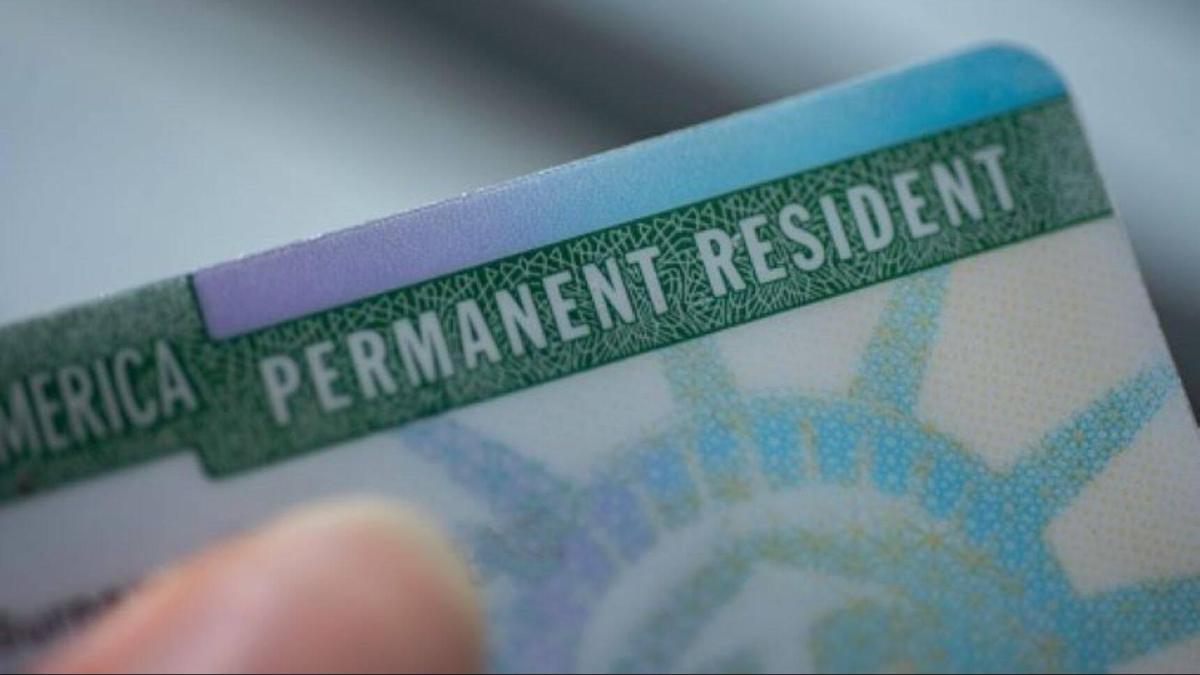The UN office is said to have assisted China in putting pressure on the Uighurs. There have been no reports by the UN High Commissioner for Human Rights on Xinjiang, nor have there been any resolutions condemning China.
China has worked resolutely and quite effectively for years to keep the persecution of Uighurs in Xinjiang Province from UN human rights bodies. Diplomats, officials and activists believe this is testing the prestige of the UN Human Rights Council.
China has also been reported to have put pressure on the UN to keep the situation in Xinjiang out of the spotlight during the ongoing Winter Olympics.
In addition, a former UN official said the Human Rights Council had been assisting China for years in a way that could have led to human rights abuses against Uighur activists and their families.
For some Westerners and activists believe there is a direct or at least cultural genocide going on in Xinjiang. Yet there has never been a resolution in the Human Rights Council condemning China – neither for the Uighurs nor for any other human rights violations in China.
According to diplomatic sources, no such resolution will be known for the next multi-week Council session, which will begin at the end of February. Instead, condemning resolutions are, as is customary, under way against less influential countries such as Nicaragua and South Sudan.
A protester who opposed the Beijing Winter Olympics demanded in front of the Chinese consulate in Los Angeles in early February that China close the concentration camps in Xinjiang Province.
The impunity of China’s atrocities with resolutions – the Council’s toughest tool – is a meager result for the UN body set up in 2006, given how, for example, the Finnish government defines the role of the Human Rights Council:
“The Human Rights Council is the UN’s main human rights body. Its mission is to promote and protect human rights worldwide, including by addressing serious human rights violations. “
Finland was elected last autumn as a member of the Swiss Human Rights Council in Geneva for a three-year term beginning earlier this year.
Finland takes its role very seriously and strives to promote, for example, equality and the rights of minorities. The Council deals with much more than extremely cruel human rights violations, including the problems of countries like Finland.
The Council is made up of a total of 47 countries, many of which are problematic in terms of their democratic development and human rights, such as the current members China, Russia, Venezuela and Eritrea. Many of these countries are seen in the Council as assistants to Chinese politics, either willingly, for profit, or for revenge.
Always as projects in the Council criticize China’s human rights policy, China will gather alongside “like-minded countries” tasked with participating in China’s counterattacks and defending an alternative conception of human rights cultivated by a rising world power.
“China is blackmailing, bribing and threatening other countries,” says an official who knows the work of the council and does not want his name made public.
As projects condemning China, which is generously investing in dozens of countries, are pending in the council, Chinese diplomats in the capitals of various countries will start putting pressure on governments on how it is wisest for them to act, the diplomat says.
Attempts are also being made to influence countries like Finland, but China usually knows what it is worth using its bangs for. Finland and other Western countries usually form a fairly cohesive group in UN human rights work.
Human Rights Union Secretary-General Kaari Mattila points out, however, that in addition to China’s politicization, the work of the Human Rights Council has been hampered by the erratic behavior of the United States as it changes from one president to another.
Republican Donald Trump resigned completely from the Human Rights Council and accused it of being an anti-Israeli handicap.
“For many years, the media’s attention was on Trump’s actions, which violated the multilateral system based on agreements. China was given the opportunity to be busy behind the scenes of those years, ”says Mattila.
Now a Democrat Joe Biden has put its country back on the path to diplomacy, but the United States has found its weight weakened. Developing countries in particular are stepping up cooperation with Americans, said the Secretary-General of the Universal Rights Group Marc Limon in his recent comment.
“China’s weight and influence have clearly increased during the absence of the United States. The Human Rights Council, to which the United States returns, is a very different place from where it suddenly left, ”Limon wrote.
For example in June last year, the Council adopted the so-called joint statement On human rights violations in Xinjiang. 27 democratic countries, including Finland, stood behind Torun, which is milder than the resolution.
A similar joint statement was later issued at the UN level in New York on behalf of 39 countries, which greatly irritated China.
“Several diplomats said China had warned [eri maiden] delegations that supporting the statement could lead to economic and political sanctions “, said human rights organization Human Rights Watch.
In March last year, the Chinese embassy in Geneva issued a bulletin saying 64 countries were “demanding an end to unfounded allegations” of China’s human rights abuses in Xinjiang. The joint statement was presented as an initiative of Cuba.
China did not follow Western projects idly by, but on the second occasion last year harnessed 64 countries that praised China for its “human-centered philosophy” of making progress on human rights in Xinjiang. This joint statement presented nominally by Cuba.
In a similar operation, 71 countries led under Belarus-led support for China’s policy in Hong Kong, whose democracy has been trapped in the country’s gap over the past couple of years. China’s goal in machining such statements is to “ensure its own impunity,” said FIDH, an international umbrella organization for human rights organizations. in its bulletin.
FIDH: n According to Kaari Mattila, a member of the Executive Board, the Human Rights Council is an influential body despite its many shortcomings. In his view, this is also shown by the fact that China and other countries under criticism spend a lot of energy opposing the work of the Council.
“It usually says there’s a considerable amount to hide. The fact that the response is so strong shows that the work of the Council is important. “
MPs from the Sri Lankan ruling party protested against the 2012 condemnation resolution at the UN Human Rights Council. Sri Lanka harnessed dozens of its diplomats to persuade other countries not to pass a resolution criticizing the country’s post-war justice.
In addition to China trying to cover up its own human rights abuses, the country is working to change the way human rights are talked about and thought about in the Human Rights Council, says a Western diplomat working in Geneva.
China is feeding language and a mindset into the resolutions that internal affairs must not be interfered with, that economic development comes before full human rights and that the interests of society erode the rights of the individual.
“China’s thinking, narrative and way of working are, in our view, at war with agreed and existing thinking and, on the other hand, speaks to many countries and groups of countries. If China’s thinking wins, the international human rights system will turn on its head, ”the diplomat says.
In February 2020, the UN Human Rights Council in Geneva listened to Michelle Bachelet, the High Commissioner for Human Rights.
Hong Kong South China Morning Post (SCMP) said recently different in their articlesthat China has demanded a UN High Commissioner for Human Rights Michelle Bachelet’n the Office to postpone the publication of its report on human rights violations against the Uighurs until after the Beijing Winter Olympics. The Bachelet office in Chile serves as the secretariat of the Human Rights Council.
In return, China would have promised Bachelet a visit to Xinjiang in the first half of this year.
Bachelet has been aiming to travel to Xinjiang since the fall of 2018. The trip has not become anything because China does not agree to demands that independent information be obtained about the situation of the Uighurs and that there should be unhindered access to prisons, for example.
Michelle Bachelet, the former President of Chile, has been the UN High Commissioner for Human Rights since the autumn of 2018. He has long been expected to report on human rights violations in China in Xinjiang.
The Bachelet office report has not been included, although the United States was reported to have put pressure on Bachelet to publish it before the Olympics.
Spokesman for the Bachelet Office Jeremy Laurence tells HS from Geneva that the Xinjiang report was not ready before the Games.
“We don’t have an updated schedule for publishing it.”
Laurence said the UN and China are in talks over a possible Bachelet visit to Xinjiang in the first half of this year. However, the terms of the trip or its schedule are not clear.
While waiting for the UN report, the world has heard from others reportsthat China has closed up to two million Muslim Uighurs in prison camps in Xinjiang Province, suppressed religious freedom and displaced the entire province a torturous society.
Prisoners are reportedly tortured and raped, while children are brainwashed to inform their parents of dangerous extremism.
SCMP interviewed by an activist Emma Reilly described the delays in the Xinjiang report as a “win-win situation”. China does not want the report made public, while the Bachelet Human Rights Office does not want to annoy China.
Reilly is a former human rights officer. He has been accusing the Council for years of revealing in advance to Chinese diplomats the names of Uighurs arriving at Council meetings. Reilly says on its website encountered the practice for the first time in 2013 and has published internal UN emails in support of his words.
Reilly, who was fired last November, claims family members of Uighur families who went to council meetings have been arrested and tortured. The aim would be to intimidate dissidents into staying away from the Council.
Reilly did not respond to HS’s request for an interview.
UN spokesman Laurence admits that the Human Rights Council had “a practice in its history” that “[neuvoston tilaisuuksiin] the names of the participants were sometimes confirmed in situations limited to the states, ”but he said the practice has been discontinued since 2015.
“It’s important to note that participants speaking at the Human Rights Council are speaking in full public,” Laurence says.
According to him, “we are not aware of any evidence that any act of a human rights office would have harmed anyone” who attended Council events.
China has repeatedly denied guilty of oppressing the Uighurs. The country says it is waging a “war on terror” in Xinjiang.
#Human #Rights #Council #Blackmail #bribe #threaten #aggressive #China #silences #voice #persecuted #Uighurs #Human #Rights #Council







